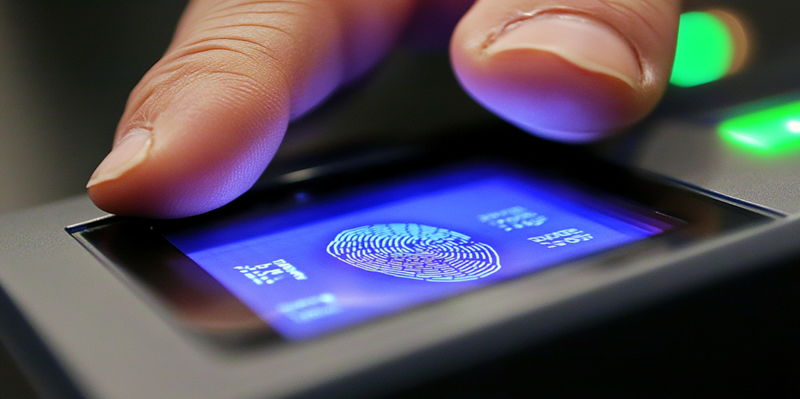Mastercard’s ambitious plan to replace traditional numbers and passwords with biometric authentication by 2030 aims to create a more seamless and secure financial experience for users. By leveraging unique biological traits like fingerprints, facial recognition, and iris scans, Mastercard seeks to address the vulnerabilities inherent in conventional passwords and card numbers that are often prone to hacking and misuse. This strategic shift not only reflects a growing demand for enhanced cybersecurity measures but also underscores the financial industry’s broader movement towards adopting advanced technology.
The trend towards biometric authentication in various sectors highlights the limitations of existing security methods and illustrates a significant push towards more intuitive solutions. Mastercard’s collaboration with tech firms to develop and implement biometrics in financial transactions epitomizes the industry’s commitment to fortifying security. The consensus among experts is that biometrics can provide a more secure and user-friendly alternative to traditional systems, with the potential to revolutionize the financial security landscape.
By integrating advanced biometric technology, Mastercard could lead a transformative era in financial security. As biometrics adoption increases, the financial sector is likely to see a reduction in fraud and enhanced user convenience. Although challenges remain, such as ensuring privacy and preventing biometric data breaches, the industry’s momentum towards embracing biometrics signifies a future less reliant on passwords, potentially realizing Mastercard’s vision by 2030.

